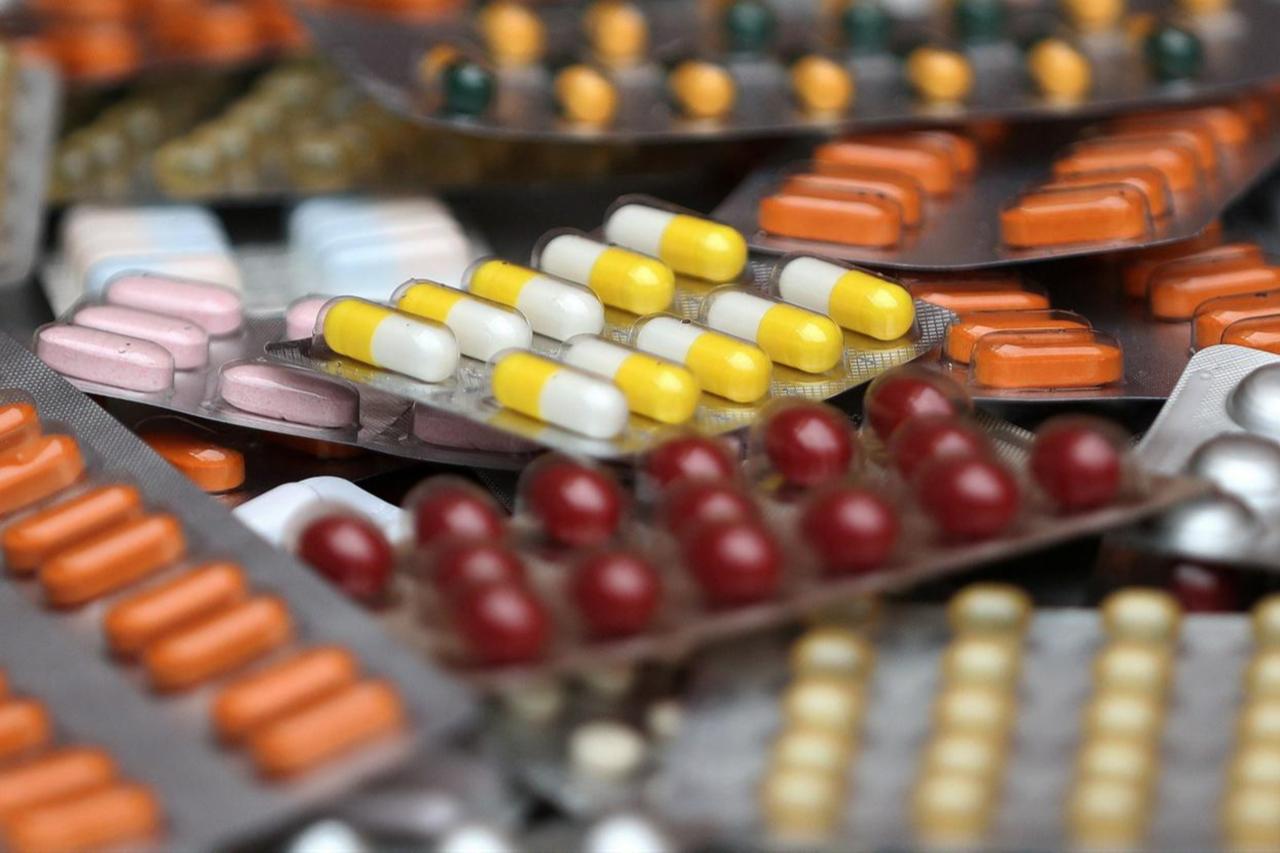
Hematological disease treatments continue to advance worldwide. Turkish Hematology Association Research Secretary Professor Selami Kocak Toprak said, “Reimbursement processes and supply chain disruptions are the biggest obstacles,” adding, “Türkiye ranks second-to-last in Europe for access to innovative cancer drugs.”
According to Cumhuriyet reporter Nilay Tugce Bostanci, Toprak said at the 51st National Hematology Congress that significant progress has been made in the treatment of hematologic cancers over the past 20 years.
“Although the number of cases has increased compared with the 1970s, death rates have decreased significantly. The main reason is the introduction of targeted drugs and the ability of patients’ immune systems to recognize and fight tumor cells again,” he said.
Toprak emphasized that these drugs work much more selectively than traditional chemotherapy, targeting diseased cells while protecting healthy ones. “This approach both strengthens the effect and reduces side effects,” he said.
Advances in diagnostic testing and AI-assisted analyses now make it possible to determine the most accurate drug and dose for each patient.
Toprak said access to drugs used in the treatment of hematological diseases is becoming increasingly difficult worldwide, with Türkiye among the countries with the lowest access rates.
“Access to drugs for hematology patients affects not only quality of life but also the sustainability of the healthcare system,” he said.
He noted that the global drug market exceeds $1.5 trillion, with the U.S. alone accounting for 45% of it.
“The biotech drug market, including smart drugs, exceeds $300 billion in the U.S., but it is only $1.6 billion in Türkiye. According to the 2024 data of the American Society of Hematology, hematology drug shortages in the U.S. have reached the highest level in history. In Europe, of 167 innovative drugs approved between 2019 and 2022, Germany ranked first with 88% access, while Türkiye was second-to-last at 6%,” he added.
“Türkiye's main barriers to hematological cancer patients’ access to drugs are reimbursement processes and supply chain disruptions. Some high-potency, next-generation smart drugs and immunotherapies are either not included in the reimbursement list at all or are approved only for very limited indications,” Toprak added.